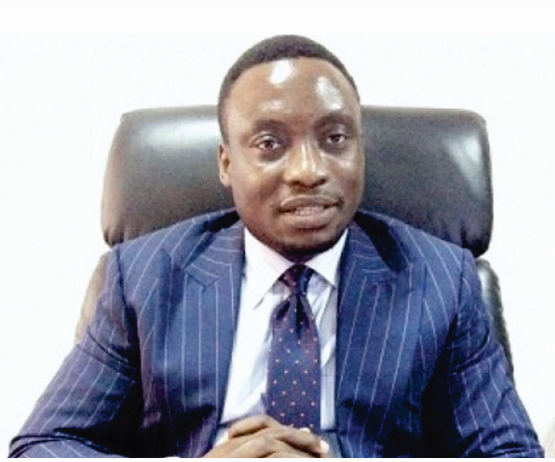A possible election dispute will do very little to affect Ghana’s position as one of the continent’s top investment destinations, Dr. Sam Ankrah – President of the African Investment Group (AIG) has said, citing the country’s strong institutions and mature democratic credentials.
“Ghana benefits from a relatively stable political system with sound institutions. Investors seek comfort in the rule of law, a sound financial system and political stability, and this will continue to encourage investors,” he said, adding: “The dispute will have no real effect on investors.”
Since the Electoral Commission chair, Jean Mensa, declared the incumbent candidate President Akufo-Addo winner of the 7 December 2020 presidential election, the opposition NDC led by former President John Mahama has rejected the outcome of the polls – saying they have initiated a forensic audit of all the electoral documents and will seek a decision to reverse the announced results.
This has led to talks of a potential dispute which some argue may affect economic activities, particularly investments – both local and foreign, at a time they are so needed, considering the COVID-19 pandemic has led to lower government revenues against higher-than-expected expenditure.
Dr. Ankrah however cautioned about the danger of misinformation on the subject, as it will send wrong signals to the international community and undermine the country’s democratic credentials.
The economic recovery post-COVID-19
According to him, the economy’s future post-COVID-19 will depend largely on four areas: information communication technology, agriculture, infrastructure and energy.
“The catalytic effect on the economy of increased broadband penetration is well documented. Every effort should be made to encourage investment in digital infrastructure to increase access to the Internet,” he said.
In this regard, he noted, digital infrastructure – fibre-optic networks, wireless networks and data centres, along with consolidation of the telecommunications sector, i.e. merging Vodafone with AirtelTigo – should be aggressively pursued.
On the agriculture sector, he said the country is blessed with fertile land and good weather; hence, government must do all it can to encourage and stimulate a much wider and deeper agricultural sector if it is to overcome the pandemic-induced economic crisis.
“Food security should be a focus as the impacts of climate change and water scarcity start to impact agriculture in the years ahead. Agriculture is a major employer, and so further investment in technology should be promoted to grow the sector. This includes technologies which improve crop yields through better practises in crop selection, disease management, fertilisation and mechanisation.
“There should be a diversification away from cocoa to tree crops as well as other staples and food crops. There should be an increased investment in food processing to increase the value-added component,” he further explained.
Also, improving on existing infrastructure and construction of new roads and railways will be key to how the economy recovers from the crisis, he added, since it will help to open-up domestic business activities by improving the transport of goods and persons across the country.
“Ghana must not become reliant upon its fossil fuel industry. It should diversify away from it and promote investment in renewables. Solar and wind should become the primary sources of power in the country. Government should promote investment in renewable power plants across the country to ensure a stable supply of power and reduce reliance on the grid to distribute power.
“This will underpin investment in the agriculture sector – for example, warehousing and refrigeration facilities closer to the point of production, as well as in agro-processing and light manufacturing. This is the only way to achieve the One District One Factory initiative,” he said.










